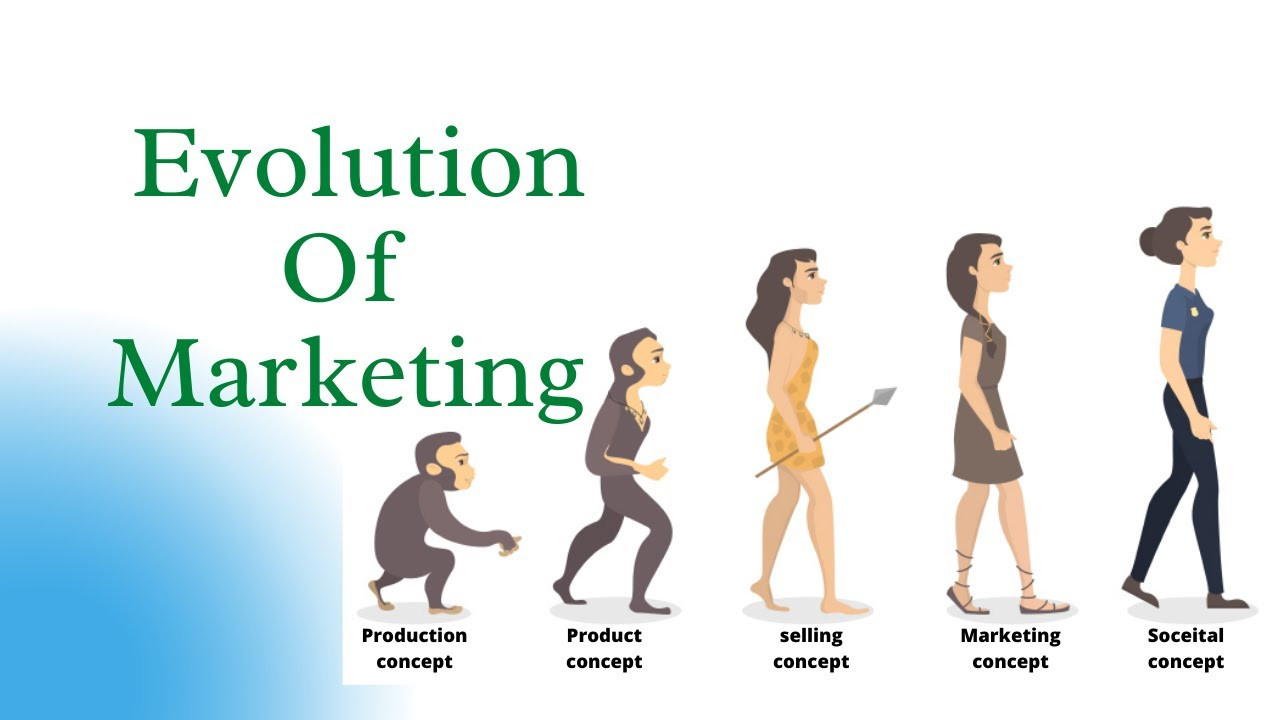
The view of the marketing concept has evolved according to the changes witnessed by the environment surrounding the organization, such as technological development, increased competition, and changes in consumer purchasing behavior. Increased production has led to an increase in the number of products, market saturation, and the emergence of problems in selling products, which has led to the misuse of resources, deterioration of the organization's financial results, a decrease in revenues, and sometimes the bankruptcy of organizations. In the production stage, if it is not accompanied by an effective marketing effort that helps identify the needs and desires of the consumer and increase the volume of sales and profitability that the organization aims for, this can lead to negative economic consequences such as the emergence of social problems such as unemployment and others.
Definition of marketing: A set of activities, functions, and methods for developing goods or services with the aim of increasing their value, which leads to an appropriate exchange between the seller and the buyer to achieve benefit for both parties.
Evolution of Marketing Concepts: Marketing has gone through several stages of development over the years, depending on the level of development of production and demand for the products offered, marketing concepts have evolved continuously, and accordingly, changes have been mainly determined and continue to be determined by the state and the interaction in the market position such as, the manufacturing organization (seller), the consumer (buyer) and the state (authority) in developing technical means that are improved in close connection with the development of society as a whole.
1. The concept of the production-oriented marketing stage: At this stage, large quantities of products are produced as demand for them increases in relation to the size of supply, which has greatly increased the orientation of factories and organizations towards production, as the increase in production reduces costs, and all products have markets for their disposal, and according to this concept, the focus is on widely available products that are sold at the appropriate price.
2. The concept of the product-driven marketing stage: This stage revolves around the positive reaction of consumers to new, inexpensive, well-made products, meaning that a good product sells itself, as the consumer buys products as a solution to satisfy his needs and desires and is primarily concerned with the quality of the product and is aware of the quality and characteristics of competing products in the market, which requires the organization to work primarily on improving the quality and type of products in order to retain and attract customers, then change the main marketing direction and gradually move to the concept of a new product.
3. The concept of the sales-driven marketing stage: This stage aims to significantly increase production by introducing scientific methods of project management, which led to a significant decrease in supply compared to demand, and increased shopping opportunities for consumers, as competition between sellers reached its highest levels, and the organization's primary goal was to obtain effective promotional tools to sell products to consumers regardless of consumer demand for them. This concept prevailed after the global recession at the end of the second decade of the last century and interest in the sales function increased, but the philosophy of selling did not change, so the use of advertising increased and market research appeared to provide the organization's management with the necessary marketing information to rationalize decisions Related to production, storage, distribution, etc.
4. The concept of the modern marketing stage: At this stage, organizations have come to rely on identifying what consumers want and need, and developing all marketing activities to meet their needs effectively, instead of focusing on convincing them to buy the organization's products when they do not need them. The marketing concept is the latest idea in the history of exchange relations, as it depends on producing what can be sold, as the organization's mission is to identify the needs and desires of target markets (consumers). This stage was characterized by the speed of innovating new products to keep pace with the speed of changing consumer tastes, and the intensity of competition increased in order to attract consumers and gain their satisfaction. Many technological, economic, and social factors helped develop this concept, which made achieving the organizational goals of the organization primarily dependent on identifying the needs and desires of target markets and providing the required satisfaction to customers more effectively and efficiently than its competitors from other organizations.
5. The concept of the social marketing stage: At this stage, it is related to replacing traditional marketing with a new concept based on a responsible approach to marketing products not only for personal benefit but also for the benefit of consumers and society as a whole. Social marketing includes the organization's responsibility for product safety, honesty and integrity in advertising, as well as objective fairness in pricing based on the desire to rationalize consumption, humanize production, and protect the environment for society from unwanted production processes. It also focuses on various aspects of social responsibility marketing such as practice, application, behaviors and ethics of practitioners of the marketing process and accountability of officials, i.e. holding them accountable for any error resulting from the presentation of products, as it constantly links the interests of producers and consumers with the interests of society as a whole. Charitable marketing, volunteer work of organizations, and a socially responsible approach to practicing marketing business and protecting the environment can also be attributed to this field. So far, social marketing is not limited to showing the positive personal qualities of entrepreneurs, but it defines the requirements that are necessary to satisfy in a market that is witnessing ever-increasing competitive conditions. Responsibility towards society means commitment to society and protecting the natural environment.
6. The concept of the services marketing stage: In this stage, the focus is on the latest concepts of modern marketing, i.e. on the service-based approach that emerged with the growing trend of the modern global economy towards organizing projects in the field of services, because the level of services and the progress of their performance and quality are one of the important criteria for the level of civilization of modern societies, and in developed countries, society is called
7. The concept of the interactive marketing stage: It is a method based on communication between the organization and customers in all forms of marketing communications, so that the organization does not just send its messages to the customer, but rather receives from him and creates a state of interaction between the two parties of the message. This concept assumes that each customer needs an individual approach in the process of interacting with him, while at the same time the main goal of the organization is to build a system of long-term relationships with customers, which makes the transaction system one of the main strengths of the market stability factors for organizations.

26/08/2024
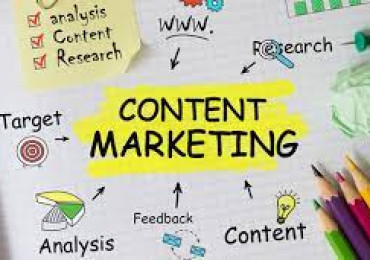
16/08/2024

30/08/2024
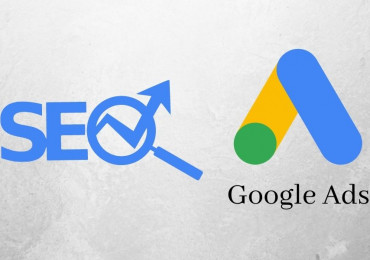
11/09/2024
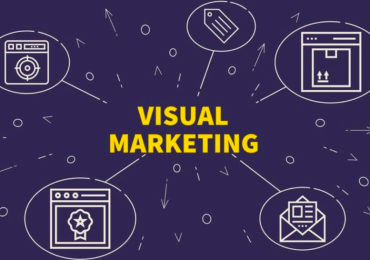
05/09/2024

19/09/2024

11/09/2024

21/08/2024
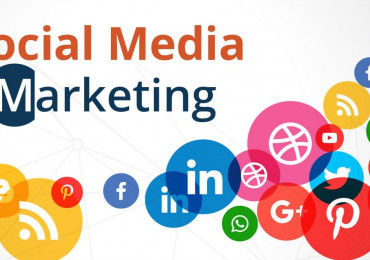
18/08/2024

01/09/2024
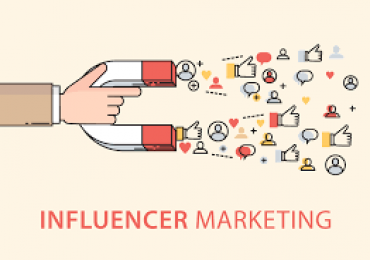
23/08/2024
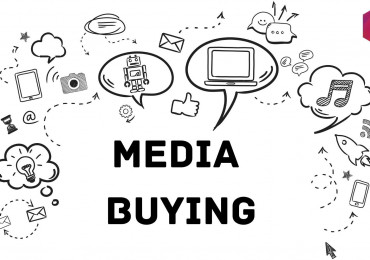
11/09/2024

23/08/2024
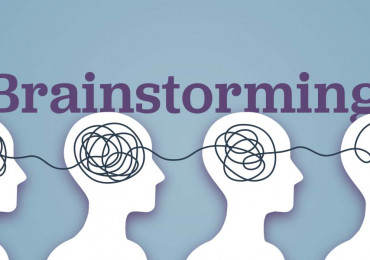
13/09/2024